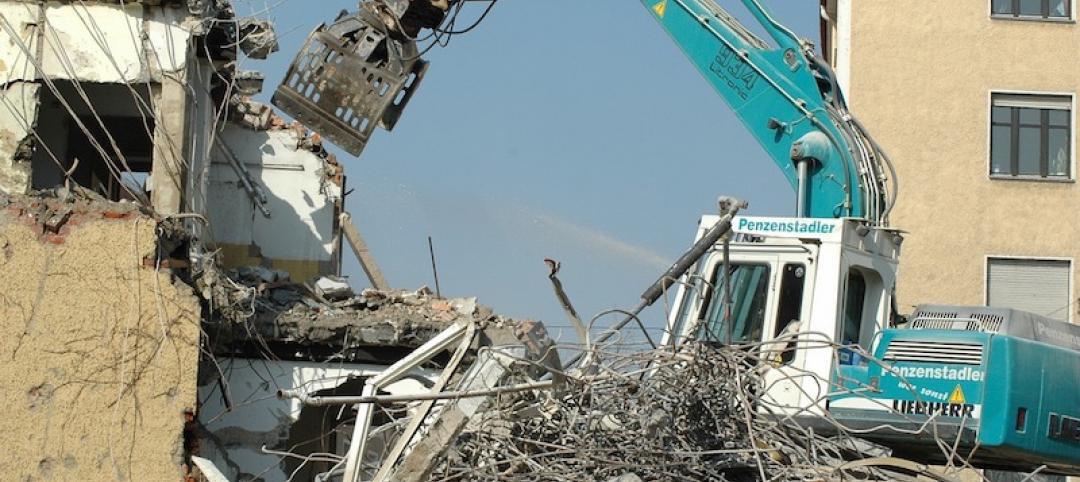Commercial property owners should commit to greenhouse gas (GHG) reduction—a strategy that reaps financial benefits and prevents buildings from becoming stranded assets, according to an energy efficiency consultant writing in GlobeSt.
A systematic drive to reduce emissions across the portfolio will garner savings on energy and water, as well as on levies for exceeding carbon emissions standards enacted by local governments. Decarbonization can avoid “stranded assets … properties that will be exposed to the risk of early economic obsolescence due to climate change because they will not meet future regulatory efficiency standards or market expectations.”
The first step is to set minimum standards for the entire portfolio and efficiency goals for individual properties. Portfolio standards could be performance based (e.g., 10% reduction of all assets by 2030), or prescriptive based (e.g., 100% LED lighting at all assets by 2025).
An energy and water audit, a comprehensive analysis of the property’s energy and water consumption using the ASHRAE Energy Audit Standards, should be conducted at each site. The audit measures energy and water usage, identifies property conditions that may cause excessive use, and provides efficiency measures to improve energy and water efficiency.
Other GHG reduction measures include building automation and controls, retro-commissioning, sourcing green energy from utilities, fully electrifying buildings, and integrating renewable energy systems into the property.
Related Stories
Codes and Standards | Sep 6, 2018
Coalition of mayors around the globe pledge net-zero buildings by 2030
New construction to produce as much energy as it consumes.
Codes and Standards | Sep 5, 2018
New White Paper on Metal Panel Fire Safety Released
Has detailed information for insulation, fire safety requirements in U.S., other countries.
Codes and Standards | Aug 31, 2018
Trade war could make adaptive reuse more attractive
Higher cost of building materials could make rehab a better financial bet.
Codes and Standards | Aug 30, 2018
Metrics should guide strategy for schools seeking LEED certification
Assessing current status helps direct where improvements can have greatest impact.
Codes and Standards | Aug 29, 2018
The 2018 IAPMO solar and swimming pool codes now available
For installation and inspection of public and private swimming pools, spas, and hot tubs.
Codes and Standards | Aug 28, 2018
New York’s green roof program needs reform
Despite incentives, few owners add vegetative roofs.
Codes and Standards | Aug 24, 2018
Resilience, sustainability emphasized in plans for new 23,000-acre city in the Philippines
“A backup for when Manila fails.”
Codes and Standards | Aug 23, 2018
Cities promote deconstruction of old homes with mixed results
Market factors complicate efforts to recycle material from old structures.
Codes and Standards | Aug 22, 2018
Oregon is first state to change building code to allow tall mass timber buildings
Statewide alternate method allows early technical consideration and approval.
Codes and Standards | Aug 21, 2018
First mass timber panel made from structural composite lumber gets APA certification
Said to be much more cost effective than CLT options.

















